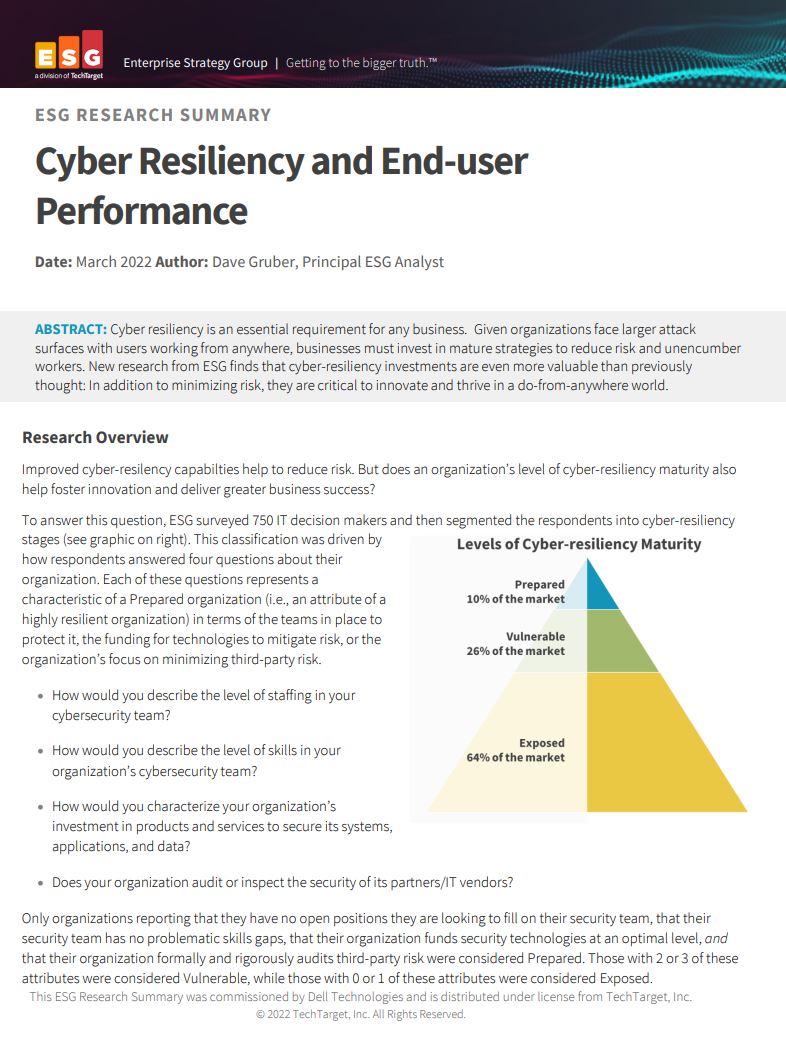Microsoft Defender causes 'mass confusion' after legitimate apps trigger ransomware alerts
The broken update pushed to users on Sunday morning saw the likes of Teams, Slack, Chrome, and Edge all being confused with the dangerous Hive ransomware payloads


Microsoft has fixed a wide-reaching Defender bug that mistakenly flagged popular software as malicious Hive ransomware payloads.
Windows users and system administrators were reporting common problems over the weekend following an update to Defender that was causing the anti-malware solution to flag Electron-based and Chromium-based software to generate a false positive detection.
Business software such as Slack, Chrome, and Edge were affected, as were consumer-facing apps like Discord and Spotify, users reported. The Defender alert was triggered every time an affected application was opened.
The alert pushed to users states that Defender blocked a threat and the affected application has been removed, though it was soon realised the deletion stage failed and the legitimate app that triggered the alert wasn’t removed.
The Microsoft security intelligence update for Defender that catalysed the myriad false positives was pushed to users on Sunday morning.
It was one of four released throughout the day and was ultimately fixed with version 1.373.1537.0, according to user reports across various online communities, which was released around 12 hours later.
Windows users are advised to upgrade to this version or newer. There have since been three additional versions added to the changelog today, with the most recent being 1.373.1567.0 at the time of writing.
Get the ITPro daily newsletter
Sign up today and you will receive a free copy of our Future Focus 2025 report - the leading guidance on AI, cybersecurity and other IT challenges as per 700+ senior executives
RELATED RESOURCE

Cyber resiliency and end-user performance
Reduce risk and deliver greater business success with cyber-resilience capabilities
“We have released an update to address this issue and customers using automatic updates for Microsoft Defender do not need to take additional action,” Microsoft told Bleeping Computer.
The IT community has been largely left to investigate the issue itself as Microsoft’s public-facing channels have not addressed the incident.
This could be due to the country’s workforce being away from the office as it celebrates Labor Day today.
Updates triggering false positives in Defender are fairly rare, although there are recent examples of how it can create panic among IT admins.
Back in March 2022, Microsoft Defender caused confusion en masse as it dropped false positive ransomware alerts to users in large volumes.
Blamed on a “code issue” at the time, Microsoft fixed the issue expeditiously that saw legitimate Office files being mistakenly flagged as ransomware while other behaviours such as backup processes deleting shadow copies also triggered the false alerts.

Connor Jones has been at the forefront of global cyber security news coverage for the past few years, breaking developments on major stories such as LockBit’s ransomware attack on Royal Mail International, and many others. He has also made sporadic appearances on the ITPro Podcast discussing topics from home desk setups all the way to hacking systems using prosthetic limbs. He has a master’s degree in Magazine Journalism from the University of Sheffield, and has previously written for the likes of Red Bull Esports and UNILAD tech during his career that started in 2015.
-
 Why keeping track of AI assistants can be a tricky business
Why keeping track of AI assistants can be a tricky businessColumn Making the most of AI assistants means understanding what they can do – and what the workforce wants from them
By Stephen Pritchard
-
 Nvidia braces for a $5.5 billion hit as tariffs reach the semiconductor industry
Nvidia braces for a $5.5 billion hit as tariffs reach the semiconductor industryNews The chipmaker says its H20 chips need a special license as its share price plummets
By Bobby Hellard
-
 Cleo attack victim list grows as Hertz confirms customer data stolen – and security experts say it won't be the last
Cleo attack victim list grows as Hertz confirms customer data stolen – and security experts say it won't be the lastNews Hertz has confirmed it suffered a data breach as a result of the Cleo zero-day vulnerability in late 2024, with the car rental giant warning that customer data was stolen.
By Ross Kelly
-
 ‘Phishing kits are a force multiplier': Cheap cyber crime kits can be bought on the dark web for less than $25 – and experts warn it’s lowering the barrier of entry for amateur hackers
‘Phishing kits are a force multiplier': Cheap cyber crime kits can be bought on the dark web for less than $25 – and experts warn it’s lowering the barrier of entry for amateur hackersNews Research from NordVPN shows phishing kits are now widely available on the dark web and via messaging apps like Telegram, and are often selling for less than $25.
By Emma Woollacott
-
 Healthcare systems are rife with exploits — and ransomware gangs have noticed
Healthcare systems are rife with exploits — and ransomware gangs have noticedNews Nearly nine-in-ten healthcare organizations have medical devices that are vulnerable to exploits, and ransomware groups are taking notice.
By Nicole Kobie
-
 Alleged LockBit developer extradited to the US
Alleged LockBit developer extradited to the USNews A Russian-Israeli man has been extradited to the US amid accusations of being a key LockBit ransomware developer.
By Emma Woollacott
-
 February was the worst month on record for ransomware attacks – and one threat group had a field day
February was the worst month on record for ransomware attacks – and one threat group had a field dayNews February 2025 was the worst month on record for the number of ransomware attacks, according to new research from Bitdefender.
By Emma Woollacott
-
 CISA issues warning over Medusa ransomware after 300 victims from critical sectors impacted
CISA issues warning over Medusa ransomware after 300 victims from critical sectors impactedNews The Medusa ransomware as a Service operation compromised twice as many organizations at the start of 2025 compared to 2024
By Solomon Klappholz
-
 Warning issued over prolific 'Ghost' ransomware group
Warning issued over prolific 'Ghost' ransomware groupNews The Ghost ransomware group is known to act fast and exploit vulnerabilities in public-facing appliances
By Solomon Klappholz
-
 The Zservers takedown is another big win for law enforcement
The Zservers takedown is another big win for law enforcementNews LockBit has been dealt another blow by law enforcement after Dutch police took 127 of its servers offline
By Solomon Klappholz